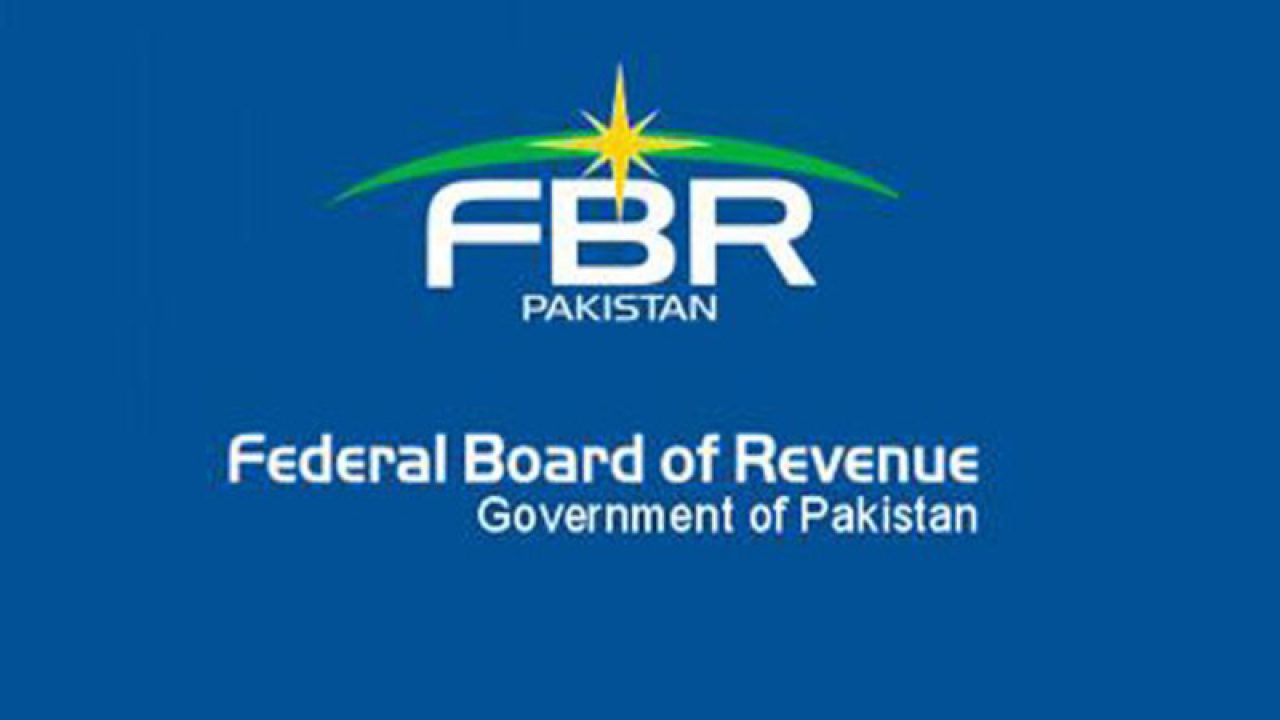
Applicability of the Income Tax Ordinance, 2001 in Pakistan
According to Section 1 of the Income Tax Ordinance, 2001, it is applicable to the whole of Pakistan from the date, the Federal Government of Pakistan has appointed it by the notification in the Official Gazette. Similarly, all other federal taxes (Sales tax, federal excise act, custom act) are also applicable to the whole of Pakistan.
The regions containing Pakistan are indicated in Article 1(2) of the Constitution of Pakistan. As indicated by the said article, the territories containing Pakistan are as per the following:
- The Provinces of Baluchistan, Khyber Pakhtunkhwa, Punjab, and Sindh;
- Islamabad Capital Territory hereinafter referred to as the Federal Capital;
- Such states or territories are or may be included in Pakistan, for example, Provincially Administered Tribal Areas (PATA).
Income Tax Ordinance, 2001 was not pertinent on Tribal regions previously, aside from where explicitly extended through President or Governor for FATA or PATA, all things considered, However, Parliament on 28 May 2018 passed 31st Amendment to Constitution thereafter Tribal areas will presently be treated as a part of Pakistan.
Subsequently, the provincial assembly of Khyber Pakhtunkhwa has included the areas previously being Federally Administered Tribal Areas (FATA) as part of the province of Khyber Pakhtunkhwa by a two-thirds majority. PATA territories shall form part of the province of Khyber Pakhtunkhwa or Baluchistan as the case may be.
Article 247(3) has been withdrawn from the constitution of Pakistan. Therefore, the non-applicability of taxation laws on tribal areas has removed. Now such territories are subject to all the Acts of the Parliament as part of province of Pakistan.
“No Act of Majlis-e-Shoora (Parliament) shall apply to any Federally Administered Tribal Area or to any part thereof, unless the President so directs …; and in giving such a direction with respect to any law, the President or, as the case may be, the Governor, may direct that the law shall, in its application to a Tribal Area, or to a specified part thereof, have effect subject to such exceptions and modifications as may be specified in the direction. (Id. art. 247(3).)”
Federal Board of Revenue has amended the Second Schedule to extend all the exemptions granted to persons living in Tribal Areas for a further five years. As per clause 146 Part I of the Second Schedule any income which was not chargeable to tax prior to constitutional changes will remain exempt for five years till 30 June 2023. Similarly, as per Clause 110, Part IV of the Second Schedule withholding tax provisions are not applicable to persons residing in Tribal areas till 30 June 2023.
Applicability of the Income Tax Ordinance, 2001 to Azad Jammu Kashmir & Gilgit-Baltistan
Azad Jammu and Kashmir and Gilgit-Baltistan don’t establish a part of Pakistan as far as Article 1(2) of the Constitution of Pakistan mentioned. The Azad Jammu and Kashmir and Gilgit-Baltistan are autonomous jurisdictions and, in that capacity, the Income Tax Law in Pakistan is not applicable to these regions and these regions are treated as foreign territories to the extent of applicability of Pakistan’s Tax Laws. Accordingly, any Tax deducted in Azad Kashmir and Gilgit-Baltistan would be treated as Foreign Tax and the tax credit will be allowed as per Section 103 of the Income Tax Ordinance, 2001.
The council of Azad Jammu and Kashmir and the council of Gilgit-Baltistan have adapted the Income Tax laws of Pakistan through their legislative assemblies. Under these enactments, the council of Azad Jammu and Kashmir and the council of Gilgit-Baltistan have adapted Pakistan’s Income Tax law i.e. the Income Tax Ordinance, 2001, and also passed the Finance Acts for this purposes. However, the Azad Jammu Kashmir and Gilgit-Baltistan are treated as foreign territories as far as applicability of the Income Tax Ordinance, 2001 is concerned.
No tax will be withheld in the event of payment made to a resident of Azad Kashmir who executes the contracts only in Azad Kashmir and produces a certificate from the Taxation Officer concerned that tax can not be recovered from him under SRO 586(1)/91 dated June 30, 1991 Section 146 prescribes a mechanism for recovery of tax from persons who have been assessed in Azad Kashmir or Gilgit Baltistan. If any person assessed to tax liability for any tax year under the applicable law of income tax in the Azad Jammu Kashmir and Gilgit Baltistan and has failed to pay such tax liability and the regulatory authorities of income tax of the Azad Jammu and Kashmir or Gilgit unable to recover the tax because the said assessed person is residing in Pakistan and the person has no movable or immovable property in the Azad Jammu and Kashmir or Gilgit Baltistan, the Deputy Commissioner of the Azad Jammu and Kashmir or Gilgit Baltistan may forward a certificate of recovery to the concerned Commissioner Inland Revenue for recovery of the assessed liability from that person. The Commissioner on receipt of such certificate of recovery shall recover the tax referred to in the certificate. The certificate of recovery has to compulsory mention the place of residence of such person in Pakistan and the amount of tax receivable from the person along with detail of moveable and immovable properties situated in Pakistan.
